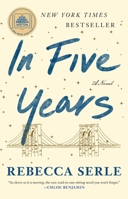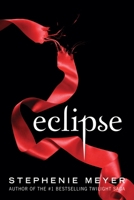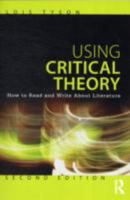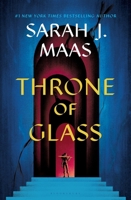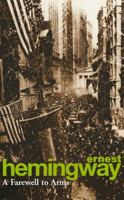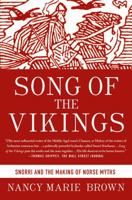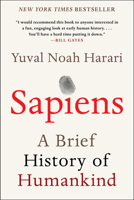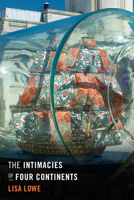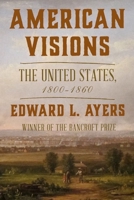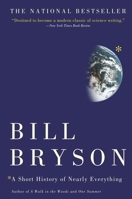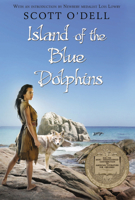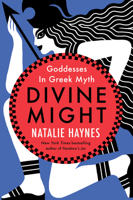Written in Red: The Communist Memoir in Spain
(Part of the Hispanisms Series)
Select Format
Select Condition 
You Might Also Enjoy
Book Overview
In Written in Red: The Communist Memoir in Spain, Gina Herrmann looks at the memoirs of six Spanish Communist writers to reveal the fascinating and often painful evolution of their politics from the beginning of the war through their long years of exile. While Spanish Communist authors initially shaped their identities and autobiographies along the lines of Soviet models, Herrmann shows how, with the recognition of Stalinism's betrayal of the Communist ideal, the writers increasingly came to experience those models as straitjackets unfit to contain the stories of their rich and difficult lives.
The six writers studied here--Dolores Ib?rruri, Mar?a Teresa L?on, Rafael Alberti, Jorge Sempr?n, and Teresa and Tom?s P?mies--devoted their lives to the cause of the revolution. Though they have told their separate stories, this book is the first to gather, compare, and interpret them within their historical and intellectual context and from a comparative perspective that takes into account recent developments in Soviet studies.













